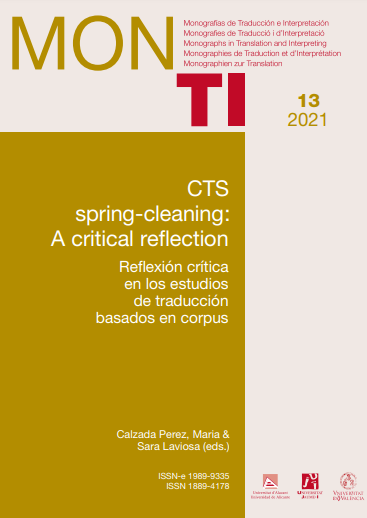Language and world. Part One
Licencia: Creative Commons (by-sa)
Autor(es): Varios
The laws of logic, what appear to be truths of metaphysics, the propositions of arithmetic and geometry are perennial sources of philosophical bafflement. Such propositions we conceive as necessary, not contingent. Our knowledge of them, we say, is a priori, not empirical. They seem an especially apt subject-matter for the Queen of the Sciences. For it is tempting to think that the physical sciences investigate empirical facts – what contingently characterizes the actual world; whereas meta-physical philosophy studies what is eternal, what could not be otherwise, the essence of any possible world. The truths of metaphysics, it used to be thought (and is being so thought again today), are the richest fruits on the tree of philosophy. Although mathematics is not a branch of philosophy, the nature of
mathematical truth and the nature of mathematical necessity are surely subjects for philosophical investigation. So too is the adamantine character of the truths of logic and the nature of the laws of thought.
[Frankfurt: 2010]
Compartir:
Una vez que el usuario haya visto al menos un documento, este fragmento será visible.


